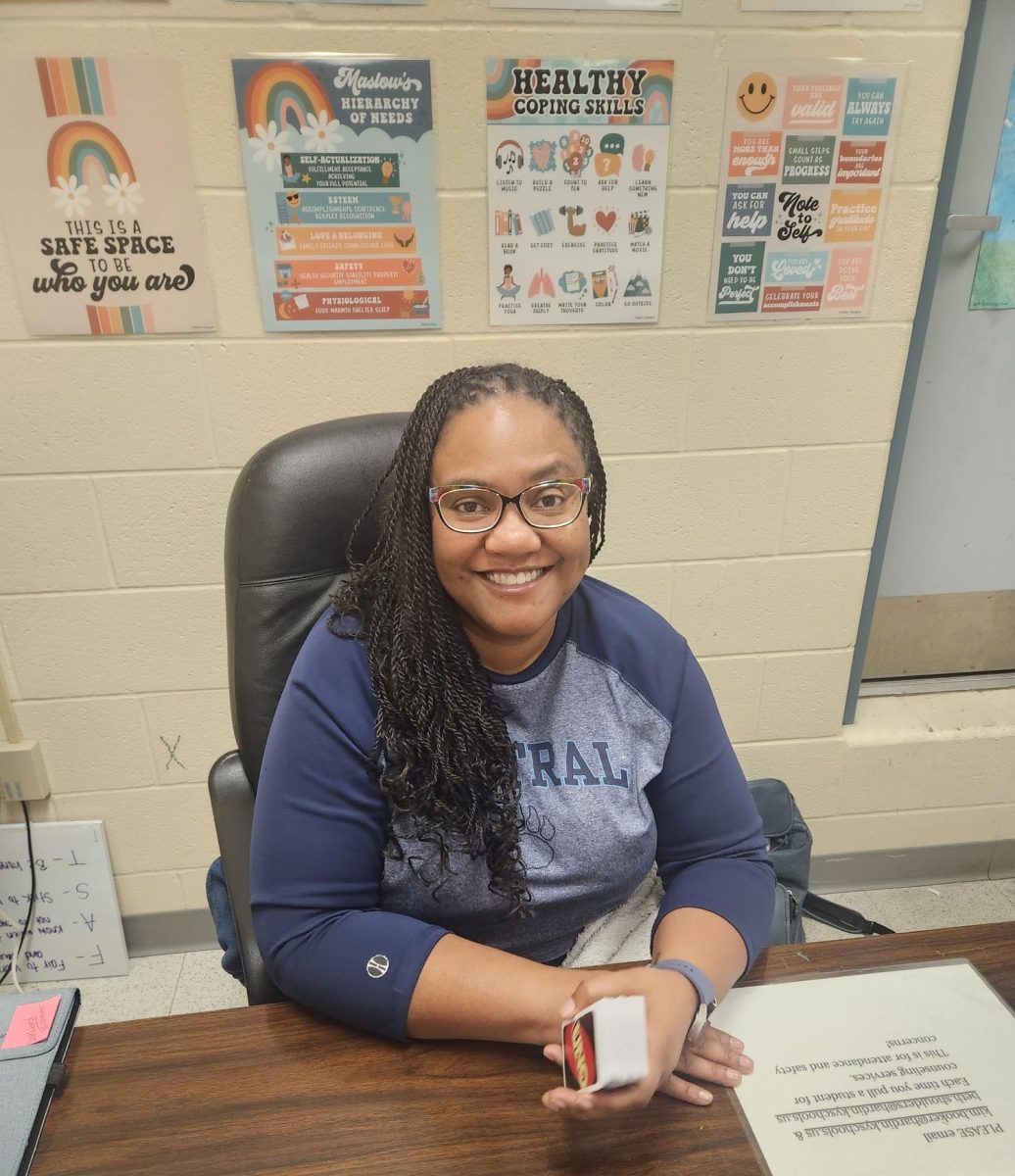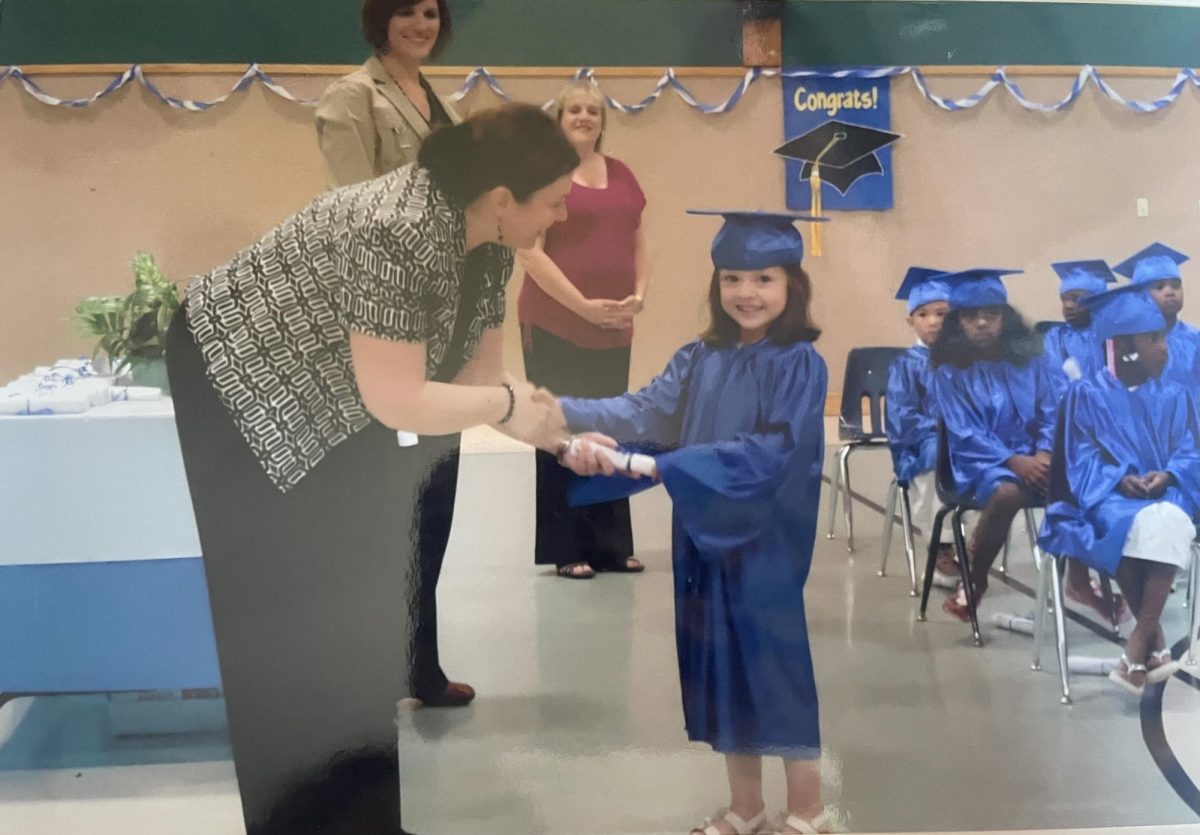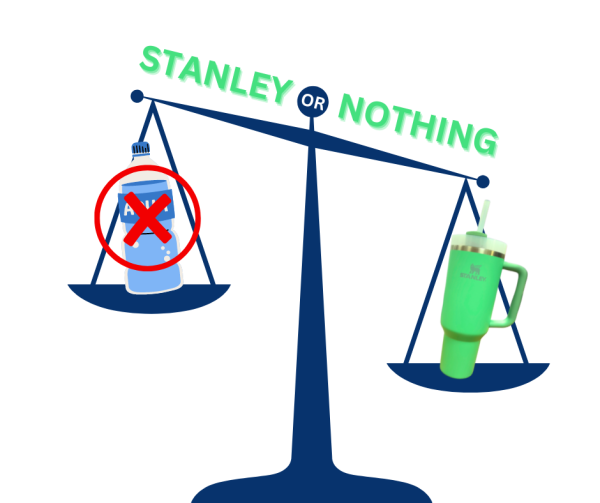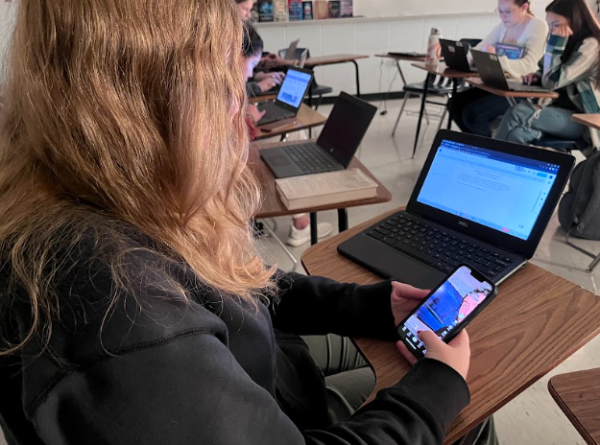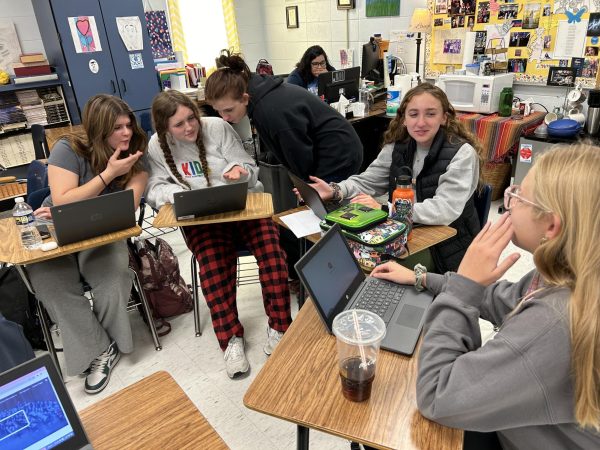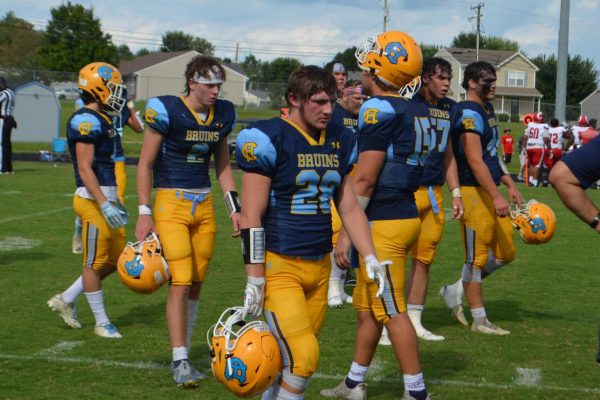Do Teachers Treat Their Students Differently By Their Grade in that Class?
December 1, 2022
A continuing debate has been frequent among the students of Central Hardin.
From talking with people around my age, I came to the conclusion that the question “do teachers treat kids differently based on their grade in that class,” isn’t a new topic.
A lot of kids agree that this bias starts in middle school and in some cases even elementary school classes. Those who succeed in that class get rewarded and receive special treatment, while those who struggle or fall behind get attention.
But not praise like their peers.
In a survey that was sent to the entirety of our school, 95 out of 105 people say that teachers sometimes or definitely treat kids differently because of their grade.
A majority of the respondents answered along the lines of it being unfair to students who undergo things that they can’t control and/or not being able to do what’s necessary to earn a higher grade.
“Some students struggle with outside issues that may cause them to not be able to focus, miss school, or have circumstances that are beyond their control and school may not be a top priority,” Librarian Sarah Bauer said. “However, there are students who do not try in school, do not turn in assignments, miss excessively for no reason and as a result, fail classes on a long term timeline.”
This underlying issue has gone on for too long, and needs to come to a screeching halt.
No matter what side you are on for this matter, the teacher’s attitude towards their student affects their mindset and work ethic.
“It may make the student less likely to communicate problems with the teacher,” junior Tyler Grace said. “They [the student] would rather stumble in the dark trying to figure out their problems rather than ask help from a judgemental teacher.”
This makes it evident that a relationship in the classroom largely depends on how the teacher treats the student and if the student reciprocates that respect.
“The grade doesn’t matter, participation matters,” Teacher Megan Pauley says. “I am invested in kids who are invested in learning.”
The teacher plays a huge role in their classroom. A much bigger one than they may think. It is important that they keep this favoritism out of the way, so they do not harm a student’s learning experience.



